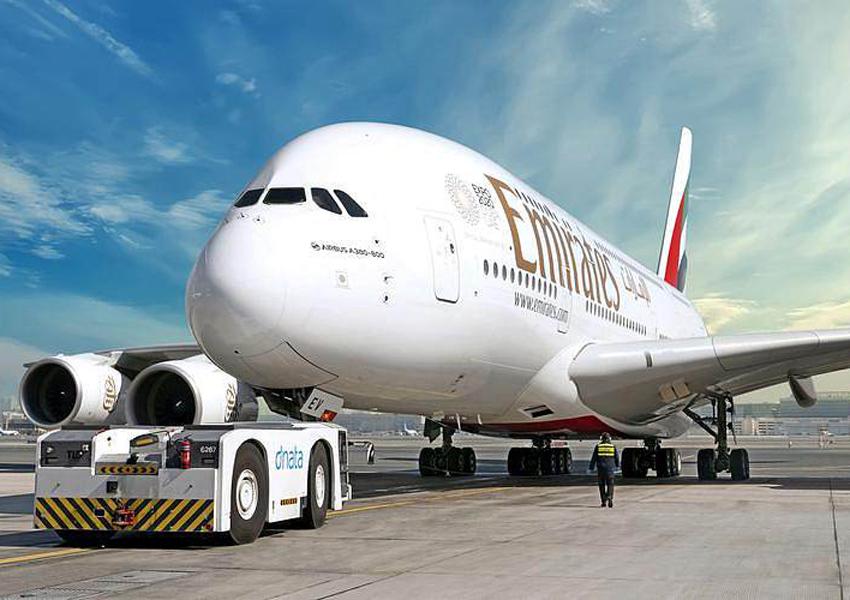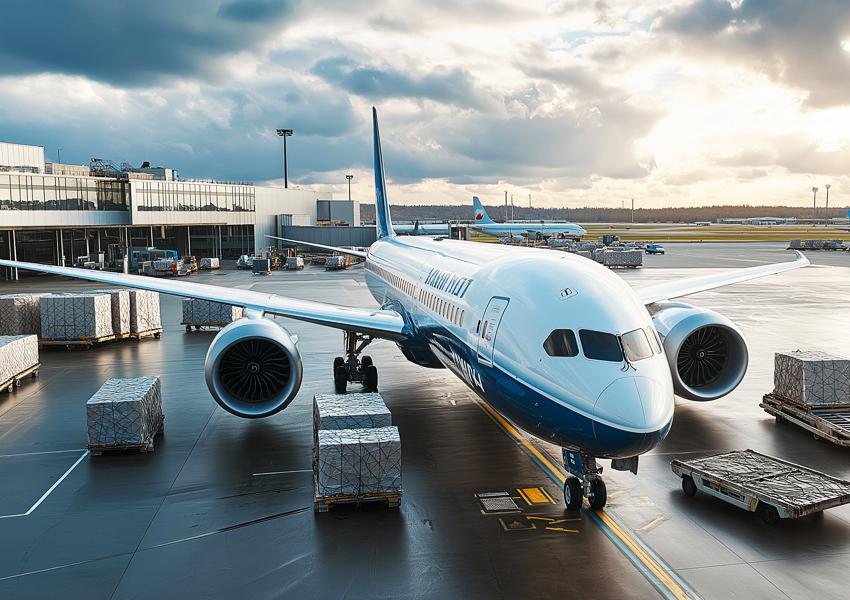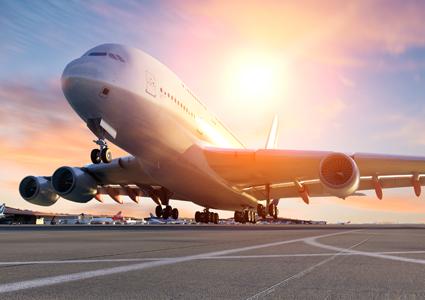
News
Understanding Global Air Freight Forwarders: Your Ultimate Guide
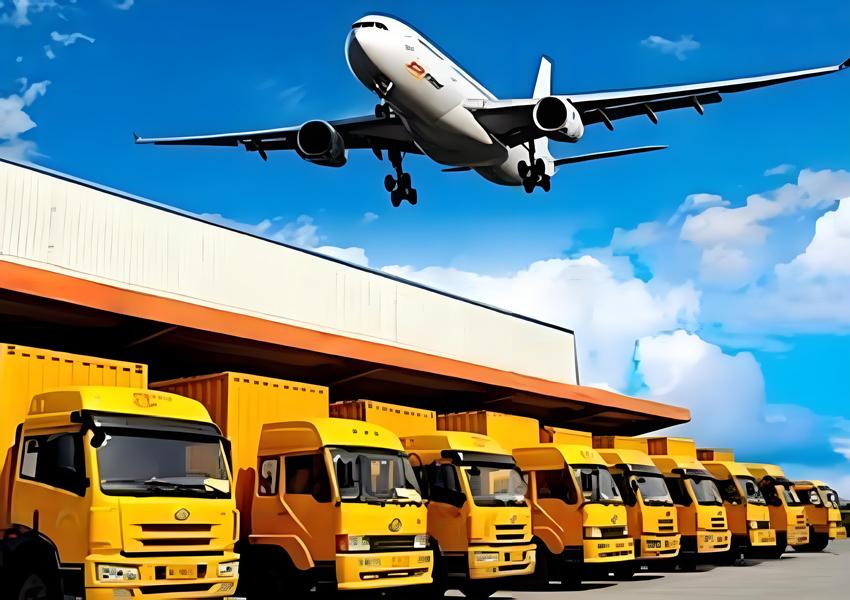
In today's fast-paced world, the role of global air freight forwarders has become increasingly vital for businesses seeking efficient logistics solutions. With the rise of international trade, understanding how these forwarders operate can help you optimize your shipping strategies and ensure timely delivery of goods. This guide will delve into the intricacies of air freight forwarding, highlighting its benefits, challenges, and best practices.
What Are Global Air Freight Forwarders?
Global air freight forwarders act as intermediaries between shippers and carriers, facilitating the transportation of goods via air. They handle the logistics of moving products from one location to another, ensuring that shipments reach their destinations safely and efficiently. These forwarders possess expertise in navigating the complexities of international shipping regulations, customs clearance, and documentation requirements.
Why Use Air Freight Forwarders?
- Speed: Air freight is one of the fastest modes of transportation, making it ideal for urgent shipments.
- Reliability: Global air freight forwarders offer consistent service and tracking capabilities, ensuring visibility throughout the shipping process.
- Expertise: They have in-depth knowledge of air cargo regulations and can handle necessary documentation, reducing the risk of delays.
How Do Global Air Freight Forwarders Work?
The Forwarding Process
Booking: Shippers contact a forwarder to arrange transportation. The forwarder assesses the shipment details, including weight, dimensions, and destination.
Documentation: The forwarder prepares essential documents such as air waybills and commercial invoices, which are crucial for customs clearance.
Transport Coordination: The forwarder coordinates with airlines to secure space for the shipment, often leveraging relationships with multiple carriers to find the best options.
Customs Clearance: Upon arrival at the destination, the forwarder manages customs procedures, ensuring that all regulations are met for smooth clearance.
Delivery: Finally, the forwarder arranges for the shipment to be delivered to the consignee, completing the logistics process.
Key Benefits of Using Global Air Freight Forwarders
1. Cost-Effectiveness
While air freight can be more expensive than other modes of transport, the forwarders can help you find competitive rates by comparing options across various carriers. They can also suggest cost-saving strategies, such as consolidating shipments.
2. Time-Saving
Air freight forwarders expedite the shipping process by handling all logistics, allowing businesses to focus on core operations. Their experience in managing timelines ensures that goods are delivered as quickly as possible.
3. Enhanced Tracking
With advanced tracking technologies, forwarders provide real-time updates on shipment status. This visibility allows businesses to anticipate delivery times and respond promptly to any issues that may arise.
4. Risk Management
The forwarders often offer insurance options for shipments, providing added security against potential loss or damage during transit. They can also assist with claims if necessary.
Challenges in Air Freight Forwarding
1. Regulatory Compliance
Navigating international airfreight regulations can be complex. Forwarders must stay updated on changing laws and compliance requirements in various countries to avoid delays and penalties.
2. Fluctuating Costs
Air freight rates can fluctuate due to factors such as fuel prices and demand. Forwarders must monitor these changes closely to provide accurate quotes and recommendations.
3. Capacity Constraints
During peak seasons, air cargo capacity may be limited, leading to higher prices and potential delays. The forwarders must strategically plan to mitigate these challenges.
Best Practices for Working with Air Freight Forwarders
1. Choose the Right Forwarder
Selecting a reputable forwarder is crucial. Look for one with experience in your industry, positive reviews, and a solid network of carriers.
2. Communicate Clearly
Provide accurate information about your shipments, including dimensions, weight, and any special handling requirements. Clear communication helps avoid misunderstandings and delays.
3. Understand Costs
Ask for a detailed breakdown of all charges involved in the shipping process. Understanding the costs associated with international airfreight can help you budget effectively.
4. Plan Ahead
If possible, plan your shipments in advance to avoid peak season surcharges. Early bookings can also help secure better rates.
The Role of Technology in Air Freight Forwarding
1. Tracking and Visibility
Technological advancements have improved tracking systems, providing shippers with real-time updates on their shipments. This transparency enhances customer satisfaction and trust.
2. Automated Documentation
Many forwarders now utilize software to automate documentation processes, reducing the likelihood of errors and speeding up the shipping process.
3. Data Analytics
Forwarders can use data analytics to optimize routes, predict demand fluctuations, and improve overall service efficiency. This capability allows businesses to make informed shipping decisions.
Case Studies: Success Stories of Global Air Freight Forwarders
Case Study 1: Electronics Manufacturer
An electronics manufacturer faced delays in shipping critical components to meet production deadlines. By partnering with a forwarder, they secured faster delivery times and optimized their supply chain, significantly reducing production downtime.
Case Study 2: Fashion Retailer
A fashion retailer needed to transport seasonal collections quickly to meet market demands. Utilizing an air freight forwarder, they managed to deliver their products ahead of schedule, resulting in increased sales and customer satisfaction.
The Future of Global Air Freight Forwarding
As e-commerce continues to grow, the demand for global air freight forwarders is expected to rise. Forwarders will need to adapt to changing consumer preferences, leveraging technology and sustainability practices to meet market demands.
Sustainability Trends
The air freight industry is increasingly focused on sustainability. Forwarders are exploring options such as carbon offset programs and more fuel-efficient aircraft to reduce their environmental impact.
Conclusion
Global air freight forwarders play a critical role in facilitating international trade, offering speed, reliability, and expertise in logistics management. By understanding how they operate and the benefits they provide, businesses can make informed decisions about their shipping strategies.
Whether you're a small business looking to expand globally or a large corporation managing complex supply chains, partnering with the right air freight forwarder can streamline your logistics, enhance your operational efficiency, and ultimately contribute to your success in the competitive global market.
